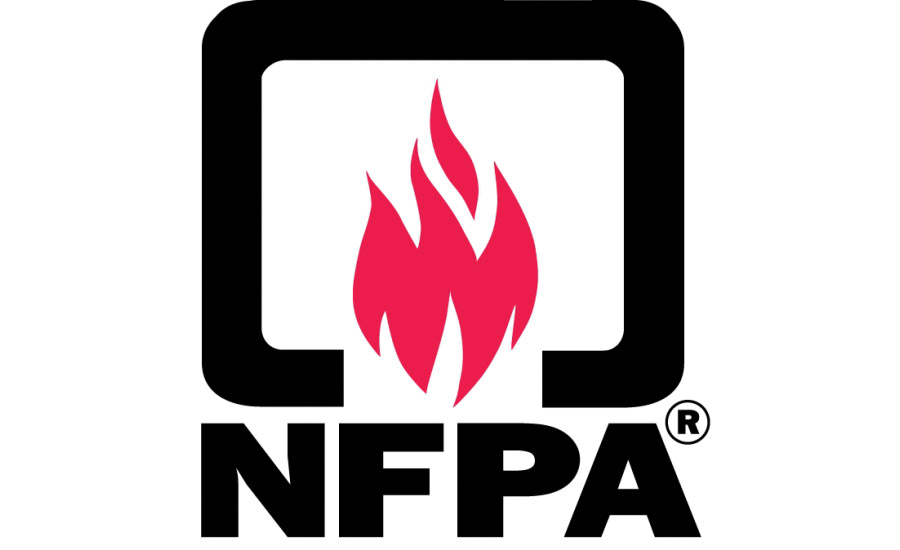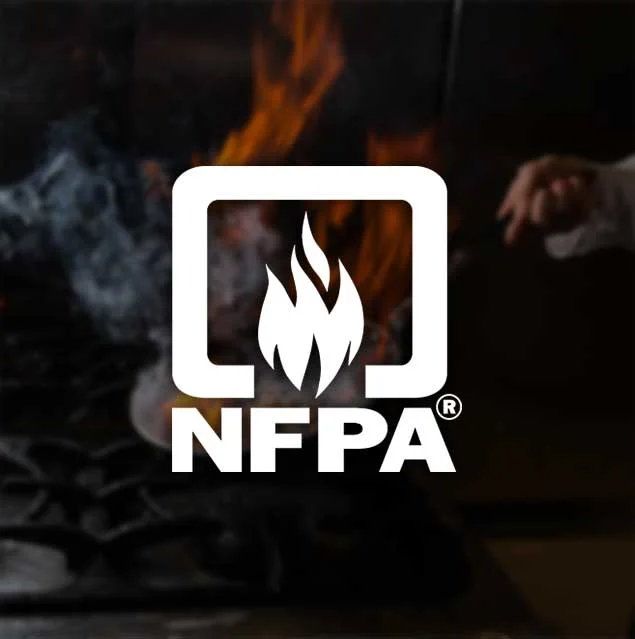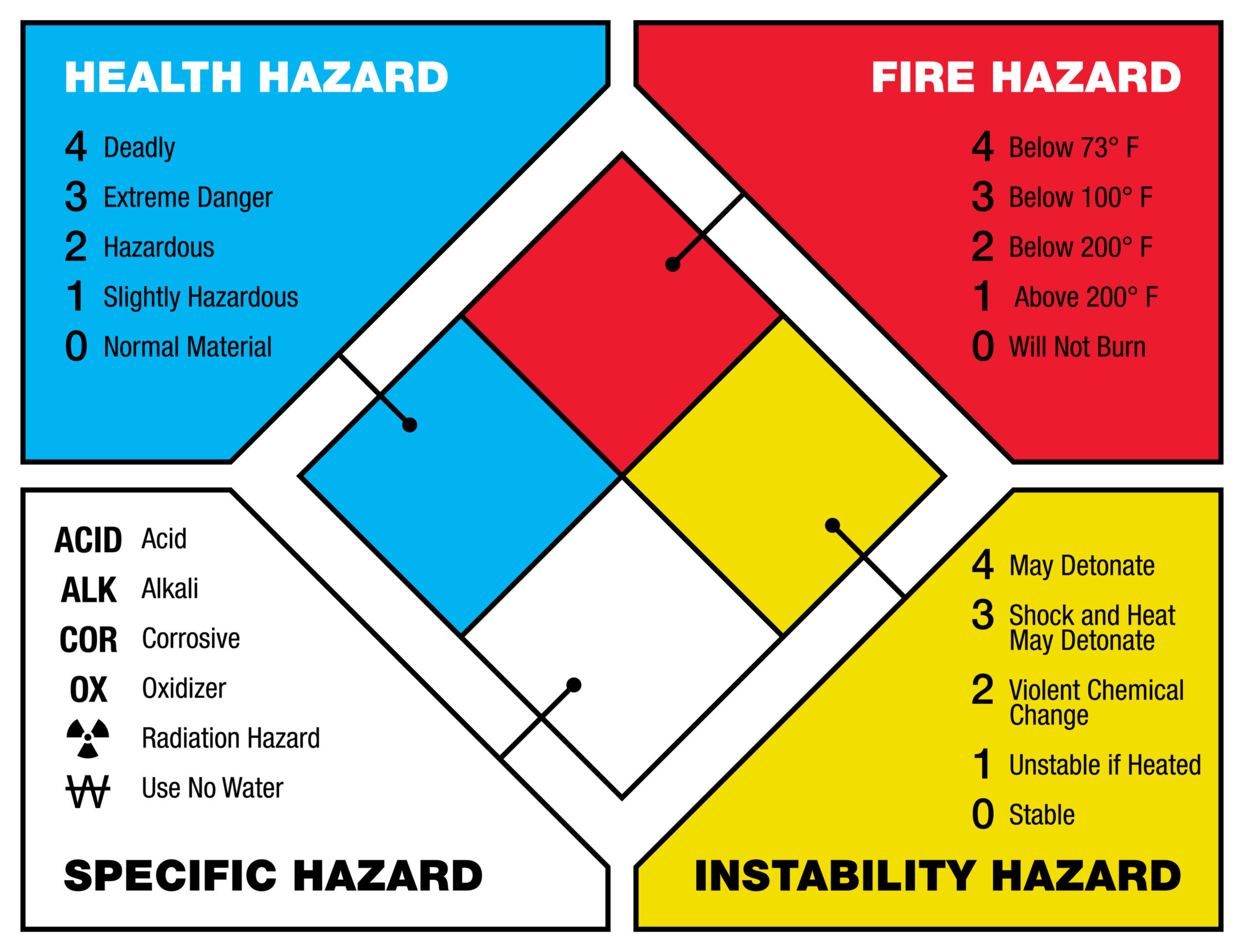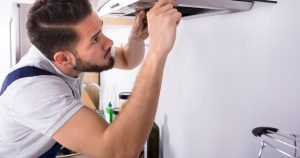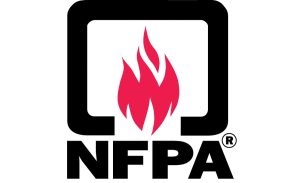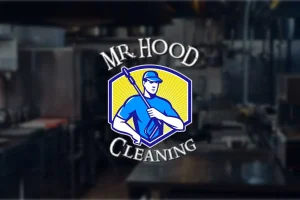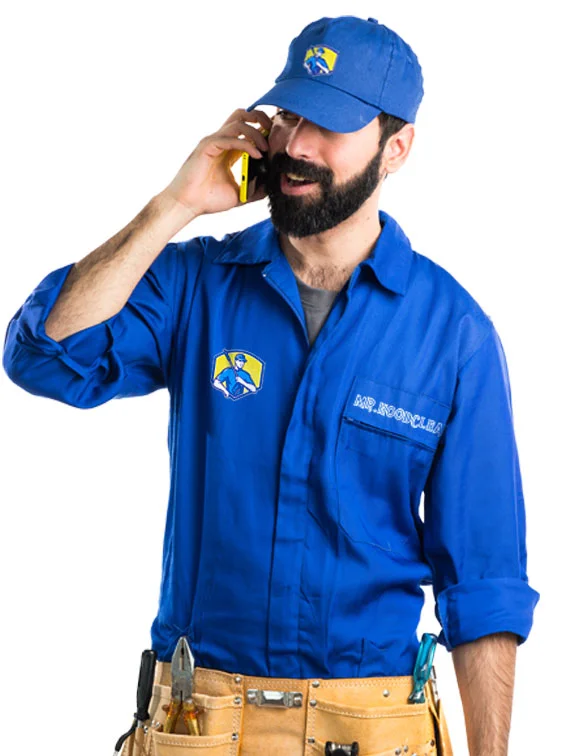What is NFPA?
NFPA stands for National Fire Protection Association. It is an international organization that tries to prevent fire, safety, and definitely education. The advanced adjustment and standards are important as well as they suggest education and training for being a professional in this field. Thus, NFPA set up some codes that are accepted by local and the government. Also, fire protection systems are very essential.
What is the NFPA communication with kitchen hood cleaning?
The NFPA has set some specific standards for kitchen hood cleaning. These standards need the fire protection system, also the kitchen exhaust systems, to be checked on a normal basis by skillful experts. This standard involves ensuring, that the kitchen hood cleaning community is aware of the NFPA standards factor. The standards also require that records be kept of all examinations and perpetuation activities. These records need to be made available for checking by fire officials. This help must be sure that the kitchen exhaust systems are clean and safe. In the way that it can prevent the fire and increase the focus on the importance of this action.
what is NFPA 96?
Maybe you ask yourself what NFPA 96 means. We can say explain that, it is mean the Standard for Ventilation Control and Fire Protection of Commercial Cooking Operations. Also, quoted from the NFPA site, NFPA 96 provides preventive and operative fire safety requirements intended to reduce the potential fire hazard of both public and private commercial cooking operations.
According to NFPA, what facts must be considered by the restaurant?
The NFPA sets fire and life safety codes and standards for different types of buildings, like restaurants. For example, one of the facts that the restaurant must consider is, the building materials must be resistant to fire. Also, suitable installation and testing supply for fire protection systems (such as sprinklers, alarms, etc.) is really important. In addition to what we said, restaurant owners must clean the oils; Because oils and substances alike are the reason for the fire.
Quoted from the NFPA site, “NFPA 96, Standard for Ventilation Control and Fire Protection of Commercial Cooking Operations provides preventative and operative minimum fire safety requirements for the design, installation, operation, inspection, and maintenance of all public and private cooking operations. Guidelines for exhaust systems, clearance requirements, construction materials for hoods, types of fire extinguishing equipment, routine cleaning, employee training, solid fuel cooking, and inspection, testing, and maintenance of equipment can all be found in the current 2021 edition of the standard. Understanding and following the provisions in NFPA 96 can help facility managers reduce fire hazards and the probability of their restaurant turning into another statistic.”
Here are 9 tips about this:
- Consider cooking equipment and exhaust systems
- Find out the significance of clearance requirement
- Recognizing the ins and outs of hoods
- Know your exhaust duct system
- Recognize your fire extinguishing systems
- Learn how to use the fire extinguishing system
- Test your cooking operation
- Emphasize the hygiene tips for cleaning
- Take responsibility as an owner
What would happen if a restaurant does not clean its hood, despite the repeated insistence of the NFPA organization?
The National Fire Protection Association, supplies guidelines and standards for fire safety, including regular cleaning and maintenance of kitchen exhaust systems to prevent fire danger. If a restaurant fails to comply with these guidelines, it could face legal fines, closure orders, or even they would lose their business license.
The NFPA will give a certificate that will show, you have followed the rules. So, if you act against the law, you will face harsh treatment from this organization.
